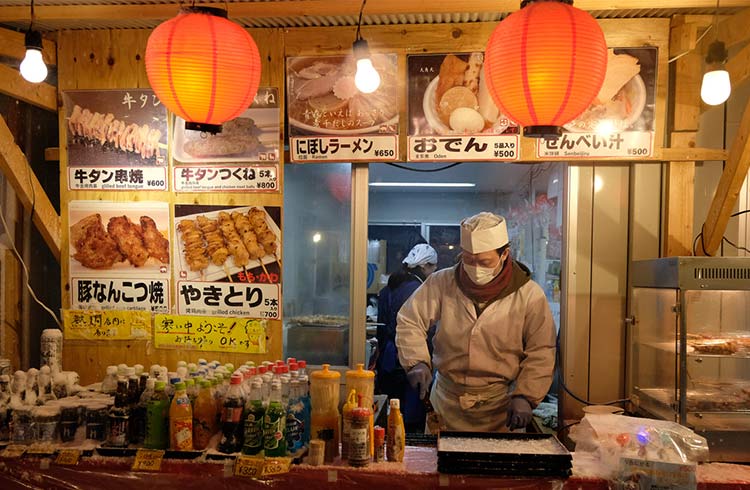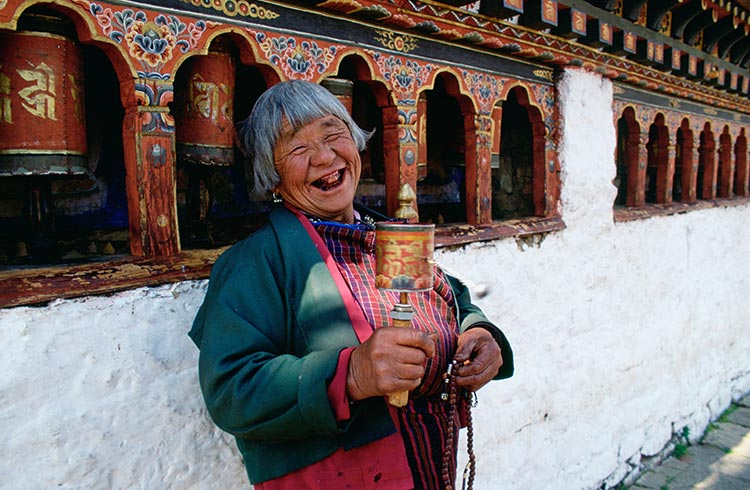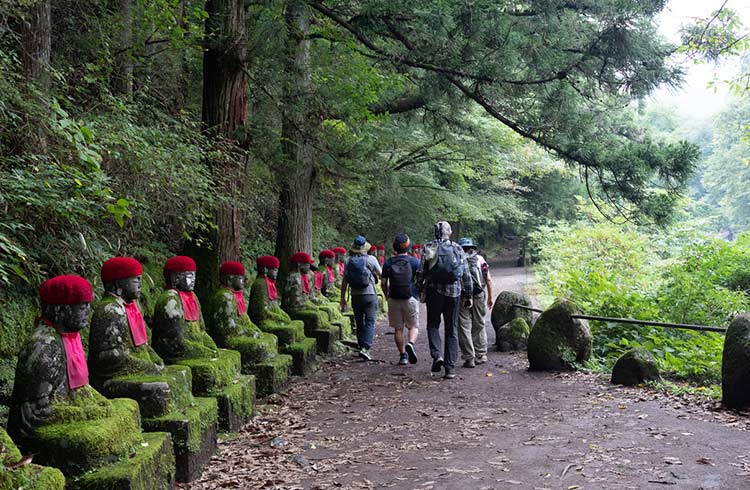How to Avoid Embarrassing Cultural Gaffes in Japan and Beyond
Travel means negotiating your way through unfamiliar cultural customs. Beware making these social faux pas – they could leave you red faced.
 Photo © Joanna Tovia
Photo © Joanna Tovia
Adhering to cultural niceties isn’t all about restrictions. Traveling sets you free, too. In China, it’s considered a compliment to belch after a good meal, and in many Southeast Asian countries (even Japan), noisily slurping noodles and broths are encouraged. Such freedoms aside, if you’d prefer to make friends rather than cause offense, some rules are best followed when you’re on the road.
Avoid a fine (or even jail!)
Some cultural rules are laws. Pay special attention to cultural rules that carry prison sentences (or fines).
- Reconsider kissing your partner in many countries in the Middle East (and India), such as the United Arab Emirates (UAE), or drinking alcohol
- In Thailand, don’t make any jokes about the Thai royal family; even stepping on Thai currency is a criminal act (notes and coins bear the King’s head)
- Chewing gum in Singapore carries fines of more than US$2,000
- Wearing camouflage-style clothes in 11 countries (mostly in the Caribbean, but also the Philippines, Saudi Arabia, Zambia and Zimbabwe) carries a stiff fine
- Don’t pee in the sea in Portugal
- It’s illegal to leave the house without underwear in Thailand. Darn.
- If the possibility of fines, prison or worse isn’t enough motivation not to do something, be aware that it may also void any travel insurance cover you have as most policies do not cover events arising from illegal acts.
Polite eating
This is the area of travel with the most etiquette rules to remember! So here goes:
- Don’t use your hands to eat in Chile or Italy (unless it’s take-out)
- In Sweden, if you tell your server you’re full they’ll think you didn’t like the food (ful means ugly)
- Don’t split the bill in France – offer to pay or someone else will
- Eat only with your right hand in India, most of Africa and Arab countries (the left hand is for… less savory purposes involving the toilet)
- Finish your meal in India, otherwise it’s considered disrespectful; but in China leave a little bit to show your host you were given more than enough.
Get it right in Japan
Japan has its very own category of etiquette rules.
- Don’t hug in public – especially in our post-COVID-19 world.
- Don’t talk on your phone on trains or buses (or to each other, unless in a whisper)
- Don’t blow your nose in public
- Don’t eat while you’re walking or on public transport (unless you’re on a Shinkansen train)
- Don’t hand cash to restaurant staff, use the plastic tray
- Remove your shoes before entering a restaurant or a local’s home
- Don’t cross your chopsticks, lick your chopsticks or put them upright in your bowl (it’ll be considered an offering to the dead)
- Don’t pour your own drink or attempt to open your own taxi door (they’re controlled by the driver).
And the most surprising rules
These little-known social gaffes are well worth avoiding.
- Don’t flush the toilet after 10pm in Switzerland (the noise might wake neighbors)
- Don’t affectionately rub a child’s head in Thailand (Buddhists consider the head the holiest part of the body)
- Don’t show the soles of your feet throughout Southeast Asia when sitting down – they are considered unclean
- Don’t give a thumbs-up sign in the Middle East, Germany or West Africa (it refers to where you want to stick your thumb)
- Don’t say ‘hiya’ in Turkey (unless you actually meant to say ‘testicles’?).
Related articles
Simple and flexible travel insurance
You can buy at home or while traveling, and claim online from anywhere in the world. With 150+ adventure activities covered and 24/7 emergency assistance.
Get a quote

No Comments